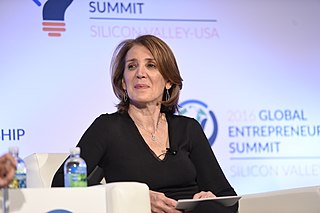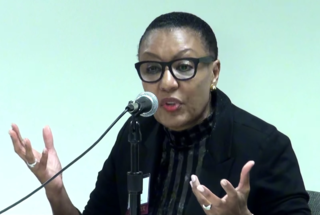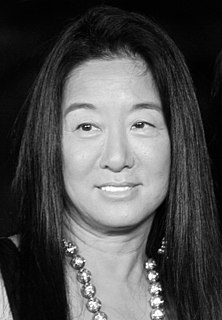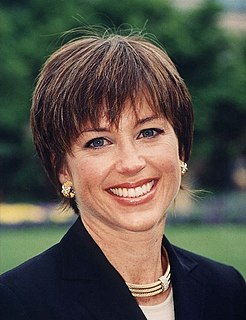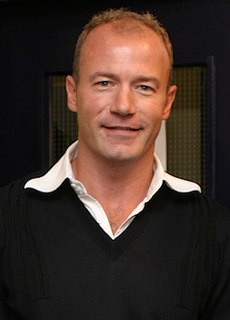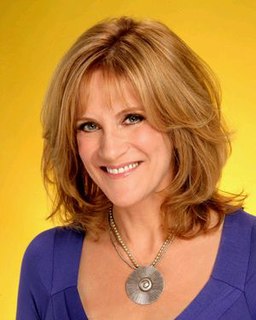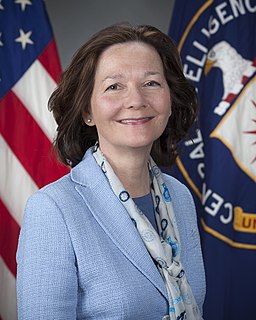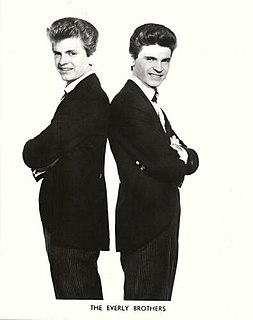A Quote by Ruth Porat
When I started, there were very few women at the managing director level and very few who had families, which is something that was important to me. So it's not like, when I looked up, I could say, 'Well, that's who I want to be.'
Related Quotes
I had very supportive parents that made the way for me, even at a time when there were very few women - no women, really; maybe two or three women - and very few, fewer than that, African-American women heading in this direction, so there were very few people to look up to. You just had to have faith.
I started at the very highest level so the upper end is something I know very well. I know it instinctively. But all the years I was designing, it frustrated me that I could reach so few women. Design is about point of view, and there should be some sort of woman or lifestyle or attitude in one's head as a designer. So my being able to reach the masses was something that meant a great deal to me - especially for women who could never wear Vera Wang.
When I was growing up, there was no one. There were very few black women in tech; there were very few black women in the fashion game. We didn't have our Grace Jones - Grace Jones was before my time. We didn't really have a lot of black women in electronic and punk who were celebrated in the same levels as, say, your big mega-superstars.
The scientists I looked up to at the beginning were not Latino. They were famous scientists of many years ago, like Madame Curie. Later, I realized that there were also, but a very few, Latino scientists. There were good ones, but very few, because there wasn't as much a tradition to be a scientist in our culture. But this is changing.
Just supposing," he said, "just supposing" --he didn't know what was coming next, so he thought he'd just sit back and listen--"that there was some extraordinary way in which you were very important to me, and that, though you didn't know it, I was very important to you, but it all went for nothing because we only had five miles and I was a stupid idiot at knowing how to say something very important to someone I've only just met and not crash into lorries a the same time, what would you say..." He paused, helplessly, and looked at her. "I should do.
There is another side to me which people don't often see, but it's very hard for me to show that. When I do interviews, I'm talking to people I don't know and when you speak to a stranger you don't open up, do you? In my position, people are always looking for something to say about me. And anything I do say, given half-a-chance they'll turn it round into something spectacular so I've got to be very careful. That's why it's only my friends and family who know the real me. Now my wife, Lainya, she could tell you a few stories.
When we started out, we were among the first. Beijing had no and Shanghai had very few large buildings. At that time, it was all about building, building, building - and then selling, selling, selling. We were working like a manufacturer. Soon, however, we realized that land was running out in Beijing and Shanghai. So we started keeping our buildings, and managing and renting them out. We became landowners. That was the second act.
When a very tough, old school leader announced that I was his pick to be Chief of Station in a small but important frontier post, a few competitors complained to me directly 'why would they send you?' I owe that leader much for believing in me at a time when few women were given these opportunities.
